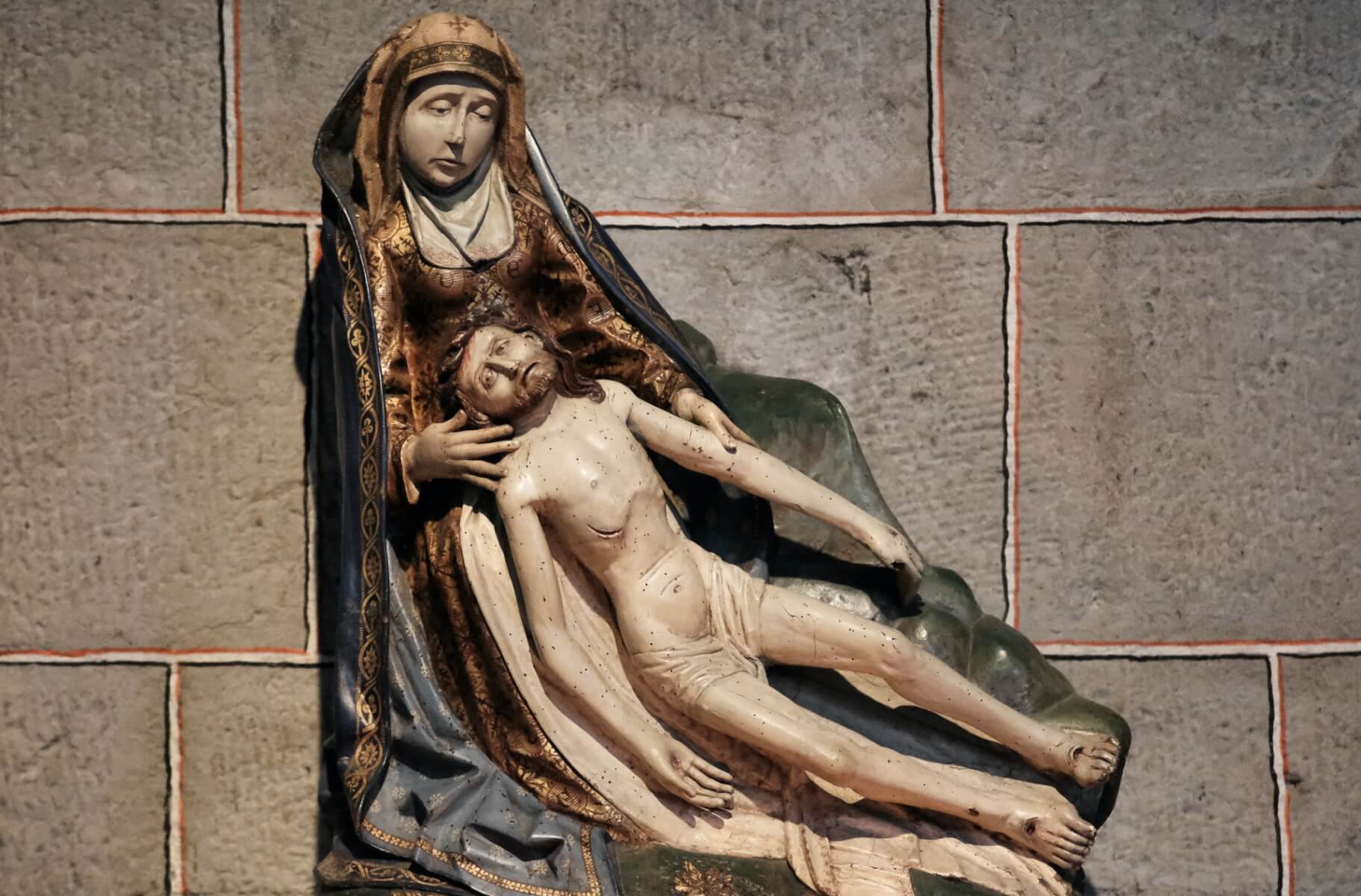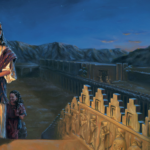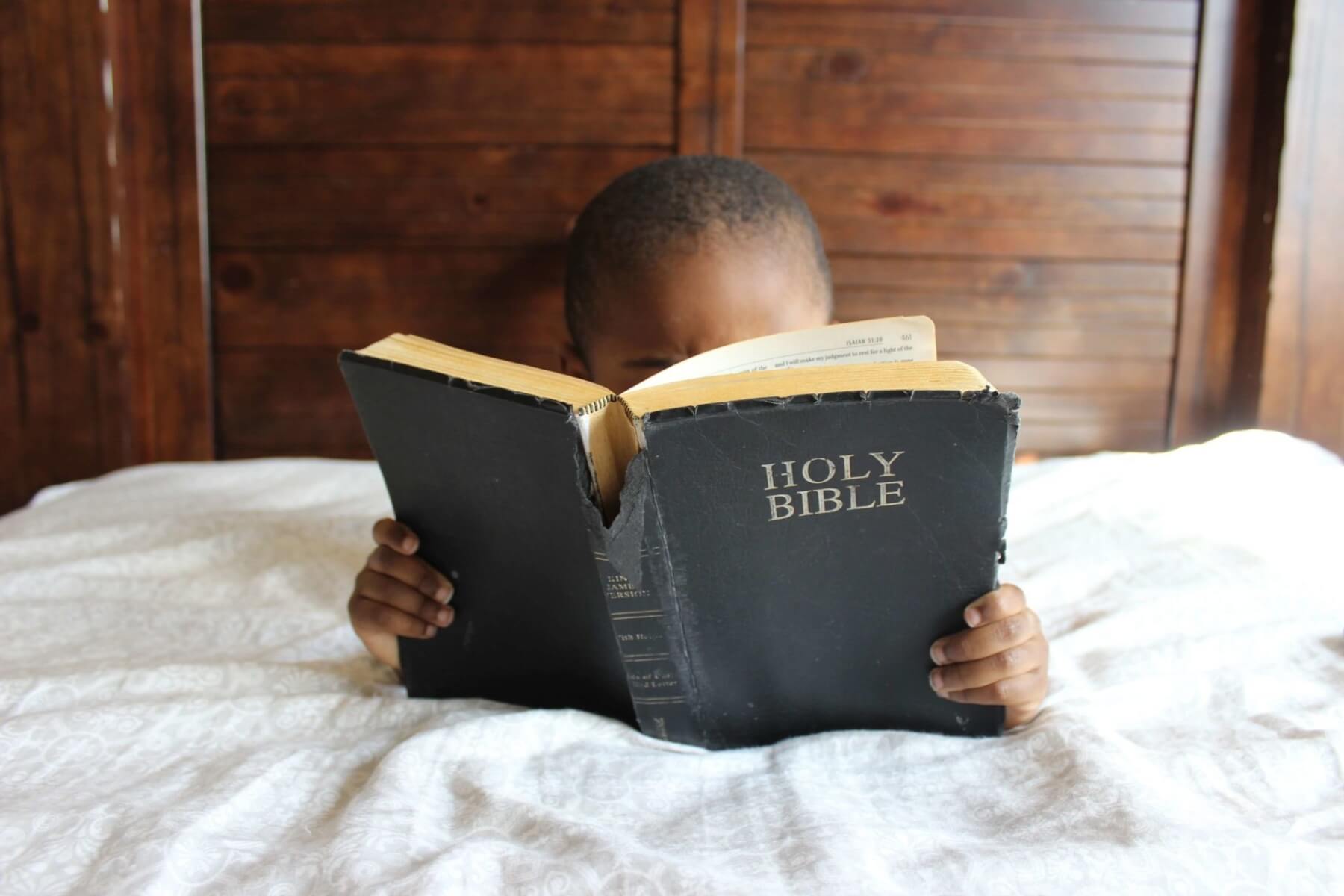Esther, a young Jewish girl, rises to become the Persian queen by God’s divine intervention. This gripping narrative in the book of Esther demonstrates how God places her in a position of influence to protect the Jewish community from a sinister scheme aimed at their destruction.
Esther is a unique book of the Bible as it doesn’t mention God once! But through the events and intricate details that are woven through the narrative, it is clear that God is the main character. In the book of Esther we learn so much about Him, and how he works.
Let’s take a closer look at how God used a young girl, a foreign king, and a bold cousin to save the whole Jewish nation.
What Happened in the Book of Esther?
We aren’t sure who wrote the book of Esther, or what happened to Esther after Xerxes died, but her story is a powerful one!
Let’s take a look at the main events of Esther and see God at work.

A Jewish Girl Becomes the Persian Queen
Esther was a young, Jewish girl living in Persia as a result of the Jews being taken captive by the Babylonians decades earlier. We don’t know exactly what Esther looked like but we know she was beautiful. She was an orphan, but her older cousin, Mordecai, took her in and raised her as his daughter (Esth 2:7).
The Persian King (Xerxes or Ahaseurus) had been dishonored by his wife (Esth 1:12), Queen Vashti, and took the advice of his counsellors to choose a new wife from all the young virgins in the land (Esth 2:3-4). Esther was gathered along with many (hundreds, possibly thousands) other girls and taken to live in the palace to try to win the heart of the king as a young girl. After 12 months of training and beautification, the King chose Esther as his new queen! (Esth 2:17-18)
The King Saved from an Evil Plot
Mordecai, her cousin, checked on Esther often, and one day, at the palace, he overheard two men plotting to kill the king. He told Esther, who reported it, and the two men were hanged as a result. The king was saved! (Esth 2:23)
A Plot to Kill the Jews
Haman was the head over all the king’s officials and he sought the praise and obedience of everyone he met—he instructed the people to bow down to him. But Mordecai, a devout Jew, refused to bow down to anyone other than the Lord. Haman hated him; in fact, he hated all the Jews. He planned to destroy them! (Esth 3:6)
He convinced the king (without telling him it was the Jews specifically he planned to kill) to let him deliver an edict (command) across the Persian territory to destroy all the Jews on a specific day. (Esth 3:13)
Esther Approaches the King
Esther learnt about Haman’s evil plot to kill the Jews from Mordecai, who encouraged her to approach the king about it. But anyone who approached the king without invitation could be put to death! Esther understood that by divine providence, she had been chosen to risk her life in order to defend her family and the Jewish nation.
Esther 4:14 (ESV) For if you keep silent at this time, relief and deliverance will rise for the Jews from another place, but you and your father’s house will perish. And who knows whether you have not come to the kingdom for such a time as this?”
Thankfully, the king extended his golden sceptre in favor of Esther as she entered his inner court. He was pleased to see her and kindly offered her anything she wanted. She invited him and Haman to a private banquet. While they were there, she invited them to return the next evening. (Esth 5:2-4)
Haman Plots Mordecai’s Death
That night, Haman was all puffed up by this attention from the queen, but saw Mordecai (who refused to bow down to him on his way home) and in his renewed anger, went home and planned to build a tall gallows to hang Mordecai. (Esth 5:14)
The King Can’t Sleep
On that same evening, King Ahaseurus couldn’t sleep. He asked for the Book of Good Deeds to be read to him and it was then that he heard and remembered how Mordecai had saved him from an assassination attempt. He realised that Mordecai hadn’t been rewarded for his loyalty and planned to rectify that. (Esth 6:3)
Mordecai Honored
Then, the king, looking for ways to honor Mordecai, asked Haman what the highest honor would be for a man who had delighted the king. Haman, assuming he was the one to be honored, described a public display of being lead around the city in royal clothing. The King, happy with the idea, told Haman to honor Mordecai in that way! Haman had no choice but to honor Mordecai in front of all the citizens. (Esth 6:11)
Haman Destroyed
When the king and Haman returned to Esther’s second banquet, the king asked Esther what it was that she wished for. She then told the king of her heritage as a Jew and exposed Haman’s evil plot against her people. The King was outraged and ordered Haman hanged in the very same gallows that he had built to hang Mordecai. (Esth 7:9)
Mordecai was then elevated to Haman’s position, just under the king. (Esth 8:2)
The Deliverance of the Jews
While the edict couldn’t be retracted, the king allowed a new edict to be sent out to allow the Jews the opportunity to fight and defend themselves against any attackers on the day that was initially set to be their destruction. This is exactly what they did, and instead of the Jews being destroyed, many of their enemies were instead—including the sons of Haman! (Esth 9:5). The Jews celebrated their victory and it is still celebrated today during the Feast of Purim.
Mordecai was honored in the land as second in command to the king and was loved and respected by the Jews of the land. (Esth 10:3)
What Does the Book of Esther Teach us about God?
The book of Esther has drama, mystery, action, and romance. But it’s so much more than a great story. It reminds us of key truths about God. It is evidence of His sovereignty and faithfulness.
God is Sovereign
It is clear that God is at work in the big and small details of the lives of Esther, Mordecai and Ahaseurus—and even Haman.
God uses the beauty of a young orphan girl to open the door for the deliverance of the Jews. He even uses the king’s insomnia and the specific page number of a journal to raise up Mordecai and humble Haman. There was not a single action that was out of God’s control. He weaves all the events, and even personalities, into a story of deliverance and victory for the Jews!
God is Faithful
We need to remember that the deliverance of the Jews in the story of Esther is a continuation of God’s faithfulness to His people.
Right in the beginning, God promised Abraham that he would be a great nation (Gen 17:1-8). In the book of Esther, this nation was threatened, but God’s faithfulness to keep His promises saved them from destruction. God was watching over Israel, He did not take His eyes off them.
Psalm 121:4 (ESV) Behold, he who keeps Israel will neither slumber nor sleep.
Today, be encouraged that the same God that moved and intervened in Esther’s life, is the God who is watching over you and me. Nothing is too big for Him to handle, He has a purpose in the pain and a plan for your good and His glory—even in the seemingly insignificant details of life.
You can trust Him. Place your hope in Him. He is faithful.
Romans 8:28 (ESV) And we know that for those who love God all things work together for good, for those who are called according to his purpose.





